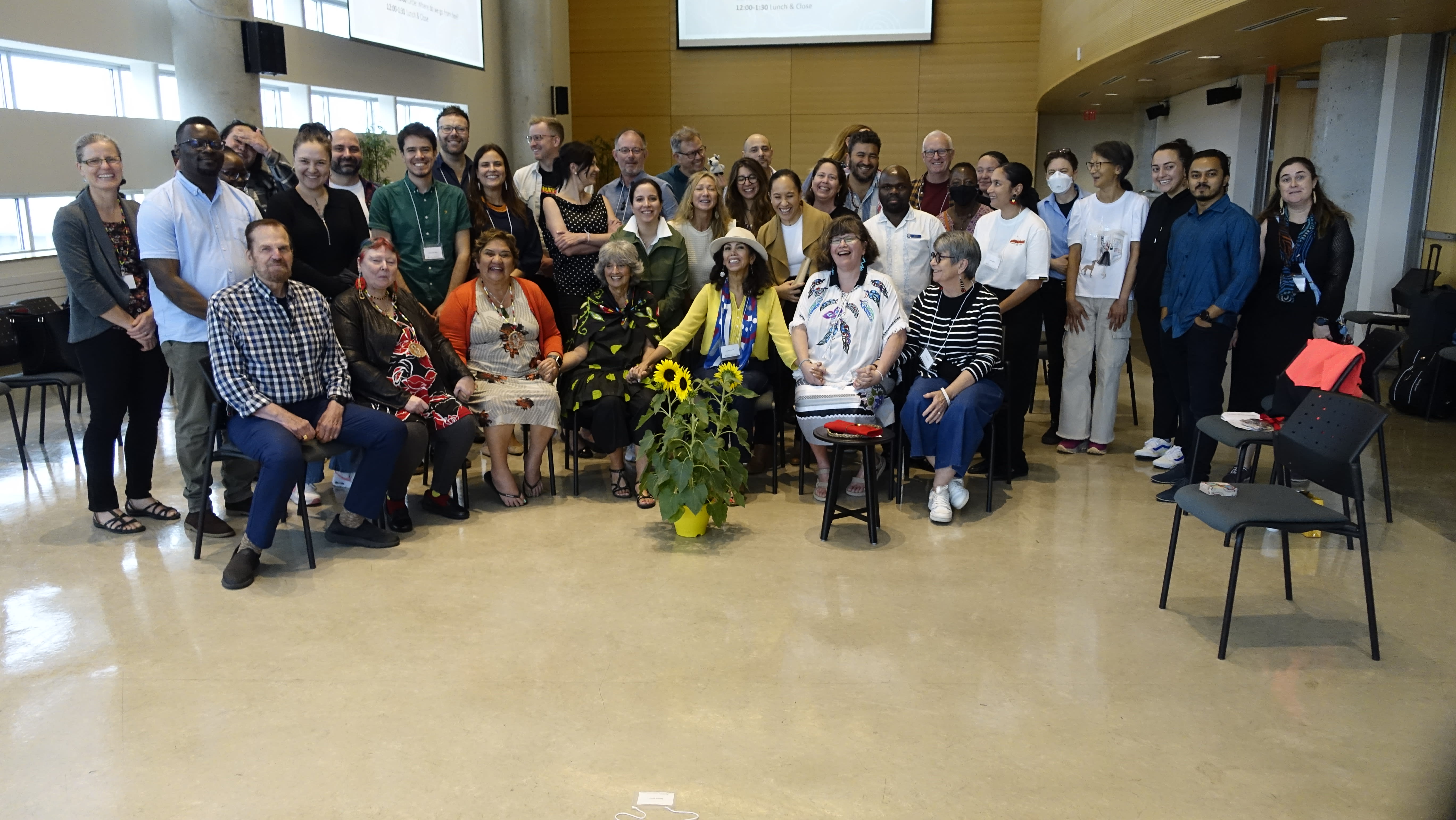Last winter, Jasmin Manseau joined Telfer full time as a lecturer/assistant professor in business technology management. For nearly the past ten years, he has taught part time at Telfer, during which he also worked as a management consultant and co-founded a project management, software development and consulting firm. He is currently completing his doctorate at Queen’s University. We interviewed him to learn more about his research interests.

Why did you choose to study business analytics and information systems (BAIS)? Any personal motivation behind your research interests in this area?
“Why? Because of the tech boom. I was working in consulting, launching a company and teaching business at Telfer. I noticed a convergence —in consulting, I was recommending technology solutions. The company I was launching was relying more and more on technology. Digital technology was reshaping Telfer (e-commerce for marketing, fintech for finance). I decided to join the wave.”
How has your PhD training informed your current research program?
“I was a part-time professor at Telfer for about six years before deciding to embark on my PhD journey. While remaining at Telfer, I went to Queen’s University and met top scholars in the field of information technologies. I was lucky to teach and study at the same time. I was studying emergent technologies during the day and teaching at night. I was able to ask my students how their lives were being reshaped by technology. It was very inspiring.”
Do you have any interesting publications in the pipeline or new projects that you are excited about?
“I am excited about a project with colleagues at the University of Victoria. We are arguing that we are facing a third generation of AI-augmented biometric technologies that go beyond authentication — think about a delivery driver completely monitored. The challenge is that new biometric technologies are double-edged swords; they can improve or constrain well-being and organizational effectiveness. My article under review in the Journal of Business Ethics argues that firms must be proactive when implementing biometric technologies because employees’ basic dignity to have certain control over their work is at stake.”
How can your research influence or impact business communities in Canada?
“My work looks at understanding the effect of new technologies in the workplace. My current project is relevant for employees, especially gig workers. Delivery drivers are often part of the gig economy, i.e., employees with high work flexibility but low work security. My research aims to avoid the exploitation of vulnerable employment sectors, such as gig workers, with the emergence of AI-augmented technologies and aims to provide advice to organizations and develop policies to potentially regulate AI use in organizations.”











